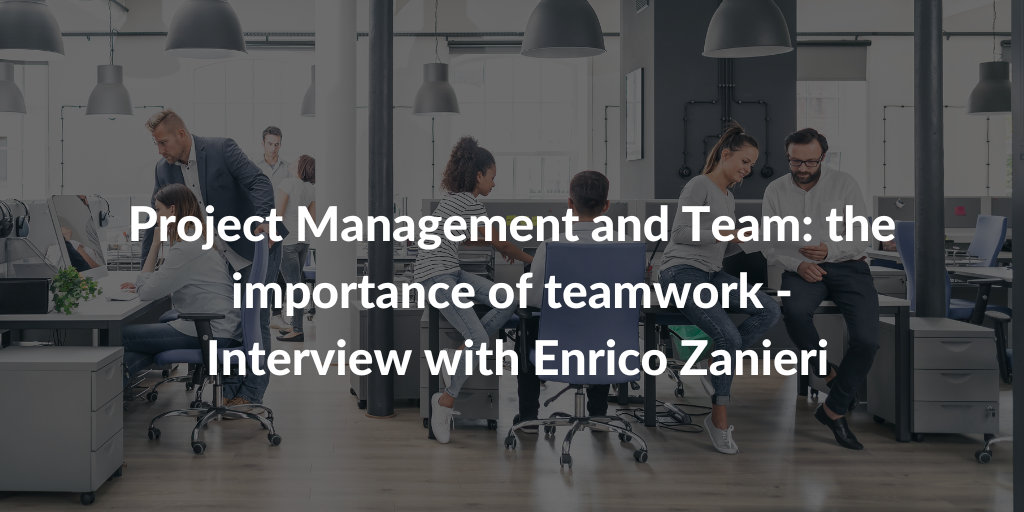Categories
Tags
Newsletter
Subscribe to the QRP International neswletter and get all the news on trends, useful contents and invitations to our upcoming events
Subscribe
I am a former manager, today I work as a Project Manager for an American multinational company, but I also hold other positions such as consultant. I am an executive coach, keynote speaker and passionate about leadership, team building, business and innovation.
I started in logistics, then gained my experience on the workfloor and held several positions in quality. I have always worked for large companies where we collaborated with small and medium-sized organisations on subcontracts and supplies. After having explored many of the typical business functions of highly structured organisations in different roles, I became a Project Manager. Today I coordinate cross-functional teams in Italy and abroad for the execution of international projects.
When I started out, project management was achieved after a long learning curve in main corporate functions (a concept that can also be found in my path): I believe that this “best practice”, although partially overtaken by the speed of today’s market, is still one of the best “trends” to be able to acquire the transversal knowledge that allows one to perform the profession of Project Manager to the best of one’s ability.
The Project Manager coordinates resources from different functions, so that each of them provides added value in order to be able to carry out complex projects effectively. Today, there are very valid certifications and courses in project management that, together with practice, can help to accelerate a continuous learning process (I myself still train continuously).
The most important thing, however, is to gain experience, remain curious and try to fully understand the dynamics of the work of all the people we work with (the concept is that we cannot effectively coordinate resources if we do not know the issues behind the work on a daily basis).
The ‘team’, as I like to call it, is a fundamental aspect of any business or profession: you cannot achieve an excellent result if you do not have an excellent team because no professional can function just by him- or herself. Above all, no one can have all the skills needed in such a competitive and complex world.
The team is not something you choose: especially if you are a Project Manager (but also a team leader or manager), you have to build it day by day. I write about it a lot because for me “building” a team of people and making it grow humanly and professionally is a sort of “pre-requisite” for any activity as well as one of the most exciting and difficult challenges to take on.
A project is not only made up of financial aspects: if people grow and are able to express themselves to the best of their ability within the project team, they not only yield greater results during execution but also grow on different levels for all future projects that the company will have to manage. Part of my ‘personal mission’ is to grow people together with the ‘financials’, giving them feedback, helping them to understand their style and inclinations, and stimulating them to make the most of their skills for the good of the group and the project (things that explain the ‘why’ of business coaching within my career path).
More than a lesson learned, I would like to emphasise an aspect that I have found “key” in project management: relationships.
The Project Manager is a coordinating and relational figure: he or she has to deal with internal and external customers, suppliers, corporate functions, managers and division heads… all people with different backgrounds, experiences, seniority, cultures and characteristics that bring a considerable degree of complexity to a project.
Before ‘doing’, it is essential to get to know in depth the human capital we have at our disposal, to identify what their characteristics and interests are and to understand how these can influence the project we have to manage: it sounds like something that has little to do with ‘execution’ but which in reality can make it either extremely simple or extremely complex.
In the initial phase of a project, you need to spend time getting to know your people, talking to your customers, transparently defining the style in which you want to guide the execution and aligning everyone’s expectations: if you do this effectively, everything becomes much simpler and even complex international projects become relatively easy to manage with a good base of ‘hard skills’.
Also read: Involving Stakeholders in a Project: how, when and why?
Would you like to become a Project Manager? Find more information about the different project management methods or write to us for more information.